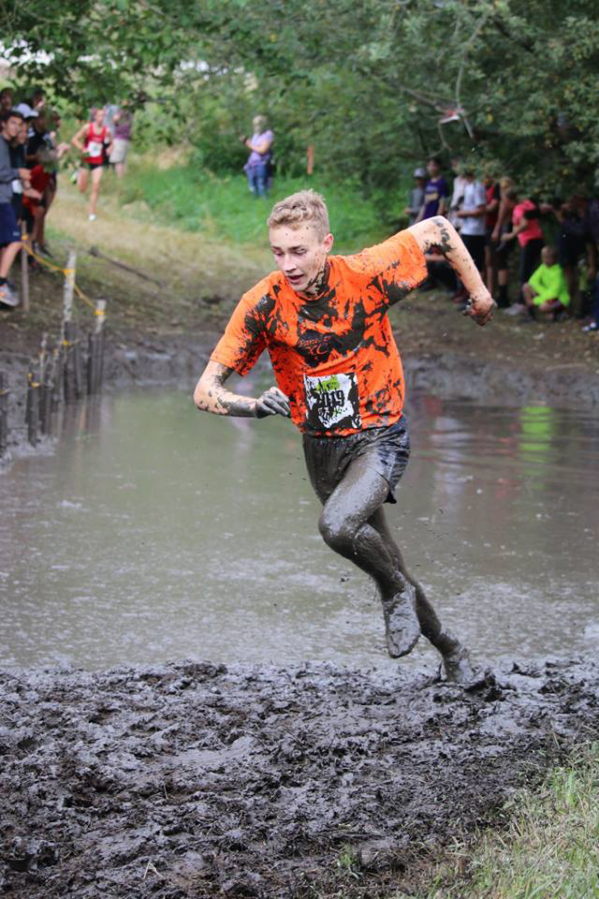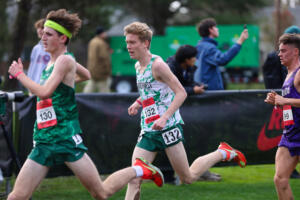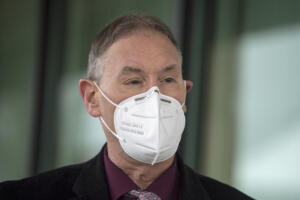Camas and Washougal high school runners, golfers and tennis players will return to competition in February, but the rest of the traditional fall sports athletes will have to wait a bit longer to find out when their seasons will begin.
Greater St. Helens League athletic directors announced last week that their schools’ cross country, boys golf and boys tennis teams can start practices Feb. 1, with competition beginning the following week even if the Southwest Region remains in Phase 1 of the state’s “Healthy Washington” reopening plan.
“It will be nice to be out on the courts,” said Camas boys tennis coach Jonathan Burton. “We will be working to minimize (virus transmission) risk to players and coaches. Tennis is a great social-distancing sport. We will be working to develop other safeguards to keep the team safe. The weather will be an issue for us, but we are all looking forward to playing tennis.”
Washington’s Department of Health guidelines stipulate that all athletes must wear masks during competitions.
“We know things will be different, but the chance to do what we love will stay the same,” said Washougal cross country coach Tracey Stinchfield. “We are extremely excited to have a chance to really progress as a team and begin something similar to a regular season. One of the great things about running is that you can do it even while remaining socially distant. These athletes have been working hard through the very long offseason, and they are very excited at the chance to see what they can do.”




